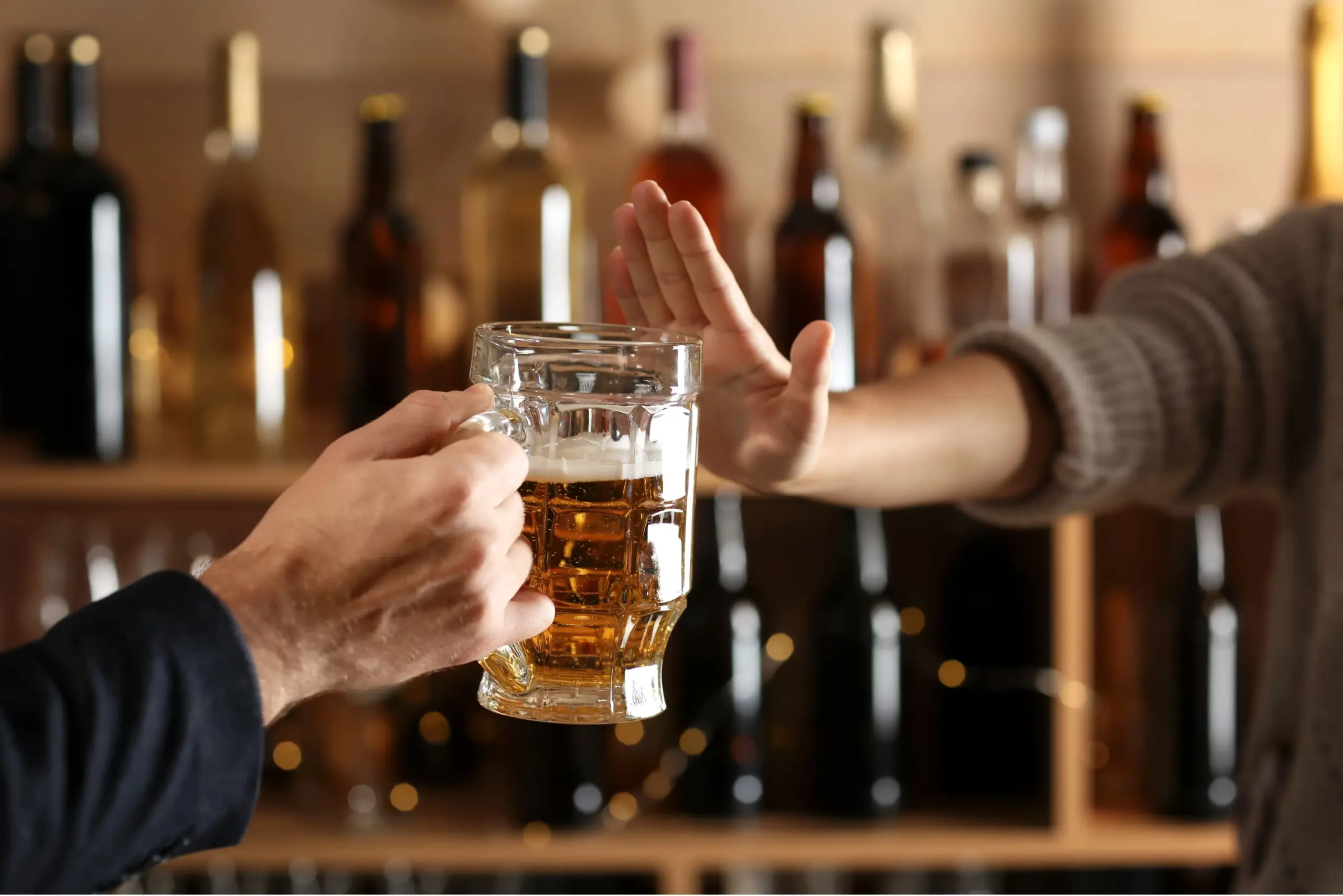10 Most Common Triggers for Relapse and How to Beat Them
Relapse is one of the greatest challenges in addiction recovery, but it’s also one of the most preventable. By understanding common triggers and learning strategies to overcome them, individuals in recovery can stay on track and protect their hard-earned progress. At Deluxe Recovery Center, we provide the tools and support needed to recognize and manage these challenges.
Stress
Stress is one of the leading relapse triggers. Whether from work, family, or finances, stress can create overwhelming pressure. Practicing mindfulness, deep breathing, and time management can help reduce its impact.
Negative Emotions
Feelings of anger, sadness, or loneliness can fuel cravings. Building healthy outlets such as journaling, therapy, or exercise allows emotions to be processed without turning to substances.
Social Pressure
Being around people who still use drugs or alcohol increases temptation. Creating boundaries, choosing new social circles, and attending recovery groups help protect sobriety.
Overconfidence
Sometimes, people in recovery feel “cured” and let their guard down. Staying humble and committed to ongoing support reduces the risk of relapse.
Celebrations and Holidays
Parties and special occasions often involve substances. Planning ahead and bringing supportive friends can help maintain focus on recovery.
Boredom
Unstructured time can lead to cravings. Filling the day with hobbies, physical activity, or volunteering creates purpose and distraction.
Fatigue
Exhaustion lowers self-control and increases vulnerability. Maintaining a healthy sleep routine and balancing rest with activity supports long-term stability.
Relationship Issues
Conflict with partners or family can be a powerful trigger. Open communication and family therapy provide healthier ways to resolve disputes.
Pain or Illness
Physical discomfort can lead to the desire for quick relief. Working closely with medical professionals ensures safe treatment alternatives.
Unrealistic Expectations
Expecting recovery to be perfect can cause disappointment. Accepting setbacks as part of the process helps maintain resilience.
Protecting Your Sobriety
Awareness is the first step in relapse prevention. By recognizing these common triggers and preparing strategies to overcome them, you strengthen your ability to protect your sobriety.
If you or someone you love is struggling with common triggers for relapse, Deluxe Recovery Center is here to help. Contact our team today to build resilience and create lasting change.
